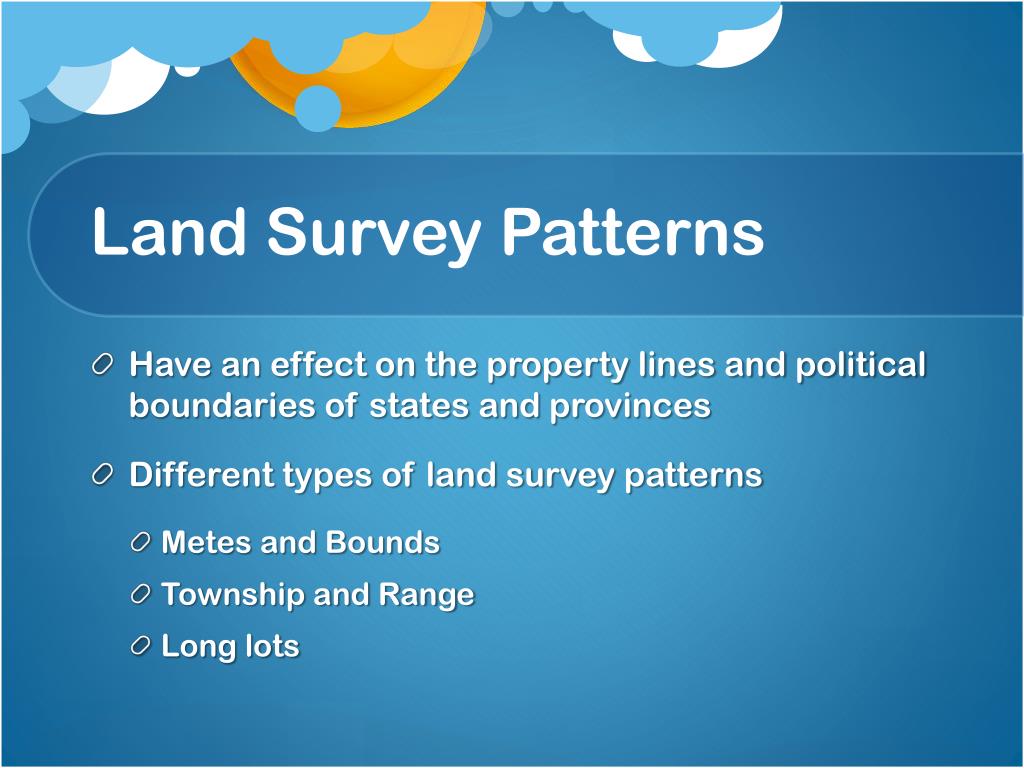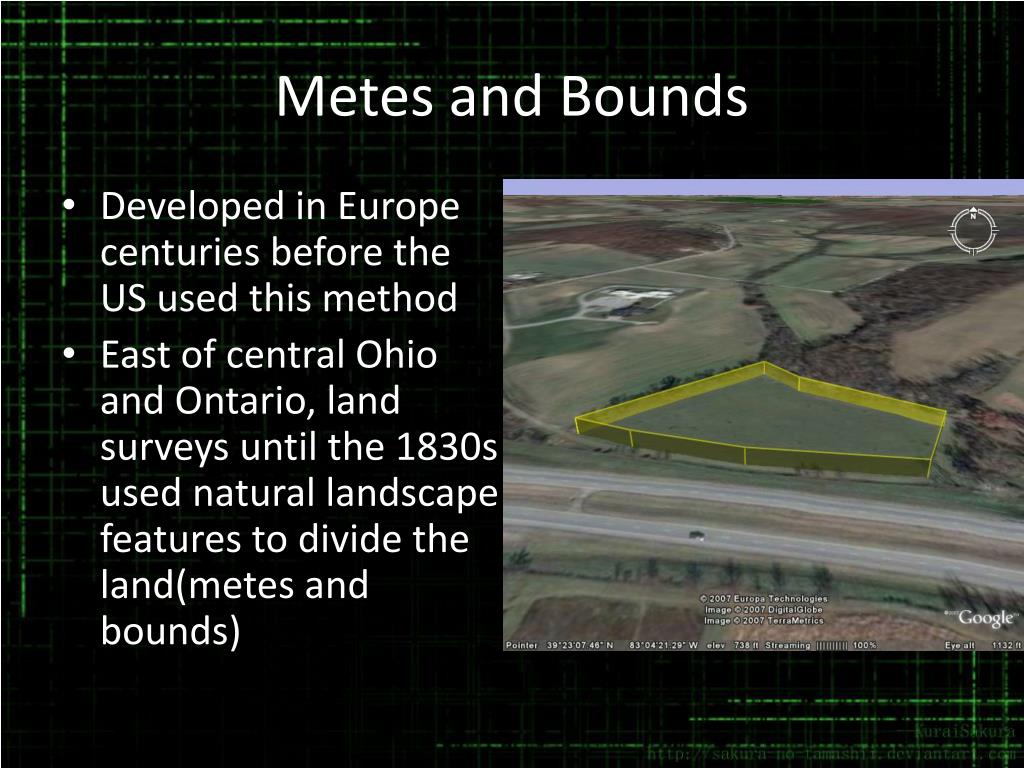
How do geographers use a spatial perspective to analyze complex issues and relationships?.How do geographers use maps to help them discover patterns and relationships in the world? BIG IDEA 3 Spatial Processes and Societal Change (SPS).
 Why do geographers study relationships and patterns among and between places? BIG IDEA 2. They also learn about how people influence and are influenced by their environment the resulting impact on topography, natural resources, and climate and the differences between and consequences of environmental determinism and possibilism.įinally, students are introduced to the language of geography, learning discipline-specific terminology and applying that language to contemporary, real-world scenarios so they can better study population processes and patterns in the next unit.īIG IDEA 1 Patterns and Spatial Organization (PSO) Students learn the ways information from data sources such as maps, tables, charts, satellite images, and infographics informs policy decisions such as voting redistricting or expanding transportation networks. Many other high school courses ask students to read and analyze data, but for this course, students also apply a spatial perspective when reading and analyzing qualitative and quantitative data. Students are encouraged to reflect on the “why of where” to better understand geographic perspectives. This first unit sets the foundation for the course by teaching students how geographers approach the study of places. The content of these notes are solid, but formatting is not since they’re exported from Notion. 5.1 Challenges of Contemporary Agriculture. 5.1 Consequences of Agricultural Practices. 5.7 Spatial Organization of Agriculture. 5.3 Agricultural Origins and Diffusions. 5.2 Settlement Patterns and Survey Methods. 🚜Unit 5 - Agriculture and Rural Land-Use Patterns and Processes. 4.1 Consequences of Centrifugal and Centripetal Forces.
Why do geographers study relationships and patterns among and between places? BIG IDEA 2. They also learn about how people influence and are influenced by their environment the resulting impact on topography, natural resources, and climate and the differences between and consequences of environmental determinism and possibilism.įinally, students are introduced to the language of geography, learning discipline-specific terminology and applying that language to contemporary, real-world scenarios so they can better study population processes and patterns in the next unit.īIG IDEA 1 Patterns and Spatial Organization (PSO) Students learn the ways information from data sources such as maps, tables, charts, satellite images, and infographics informs policy decisions such as voting redistricting or expanding transportation networks. Many other high school courses ask students to read and analyze data, but for this course, students also apply a spatial perspective when reading and analyzing qualitative and quantitative data. Students are encouraged to reflect on the “why of where” to better understand geographic perspectives. This first unit sets the foundation for the course by teaching students how geographers approach the study of places. The content of these notes are solid, but formatting is not since they’re exported from Notion. 5.1 Challenges of Contemporary Agriculture. 5.1 Consequences of Agricultural Practices. 5.7 Spatial Organization of Agriculture. 5.3 Agricultural Origins and Diffusions. 5.2 Settlement Patterns and Survey Methods. 🚜Unit 5 - Agriculture and Rural Land-Use Patterns and Processes. 4.1 Consequences of Centrifugal and Centripetal Forces. 

4.5 The Function of Political Boundaries.4.1 Introduction to Political Geography.🏛️Unit 4 - Political Patterns and Processes.⚱️ Unit 3 - Cultural Patterns and Processes.2.2 Consequences of Population Distribution.👣 Unit 2 - Population and Migration Patterns and Processes.







 0 kommentar(er)
0 kommentar(er)
